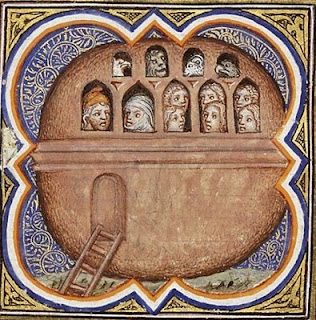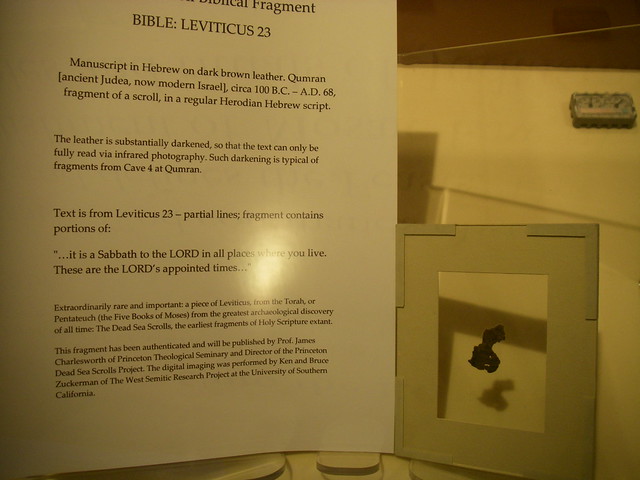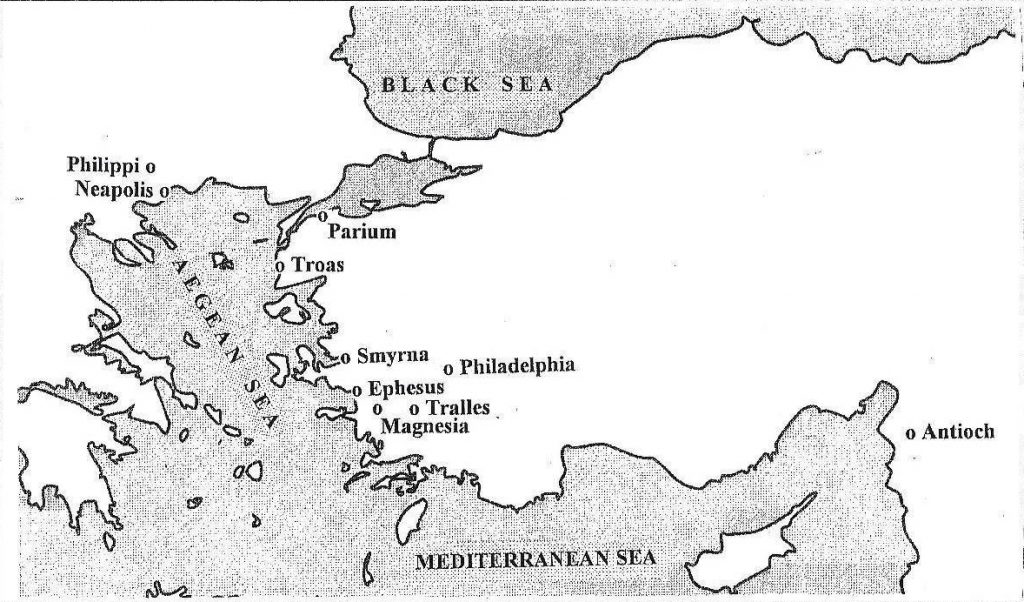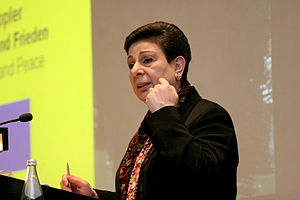 I’m thinking of the true believer who believes in another reality as more real than the real world here and now.
I’m thinking of the true believer who believes in another reality as more real than the real world here and now.
The lawyer for Breivik has said his client appears to be insane because he is convinced that “only he understands the truth”. The rest of the world, he believes, will understand him 60 years from now. He has a completely different perception of reality, for instance believing torture exists in Norway’s prisons.
If that is insanity, then how do we describe those who believe the whole world lies in wickedness under the rule of the Devil while only they understand the truth? Or those who believe that Jesus will return in only a few years and demonstrate his favour to them before the whole world, to show the world that they were the ones who were right all along? Or what of those who believe in behind-the-scenes 666 world-takeover conspiracies, weird things about atheists, Catholics, Muslims, gays, the beneficence of the treatment of Bradley Manning, or weapons of mass destruction?
Breivik kills people but true believers don’t do that, do they? Breivik, we are told, used drugs and other aids to help him keep his nerve through it all. True believers don’t do that, but when acting as part of a much bigger institution upon which they can hang their personal responsibilities, like a nation or national government, they have been known to actively support mass murder, torture and other forms of systemic violence.
And on a personal level how many are prepared to “suffer persecution” for their willingness to cause heartache by forsaking and breaking up their families, removing themselves from healthy social intercourse, allowing loved ones to die from treatable illnesses, covering up sexual abuse for the “greater good”, all “for Christ”. And what of those who really are prepared to sell everything, lose or leave their jobs, all in the belief that they are soon going to be “taken away” to a better place?
I’m so thankful I got out of the true believer status myself. And so thankful I did not go the way of some of my former friends who likewise left but only turned to other brands of “true believer”. I have wondered why some other ex-fundamentalist atheists come across as so bigoted and arrogant when speaking of those who are still trapped in the same place they once were themselves. What happened to growth in self-understanding? I think the Wikipedia article on Eric Hoffer’s book might give us a clue:
With their collapse of a communal framework people can no longer defeat the feelings of insecurity and uncertainty by belonging to a compact whole. If the isolated individual lacks vast opportunities for personal advancement, development of talents, and action (such as those found on a frontier), he will seek substitutes. These substitutes would be pride instead of self-confidence, memberships in a collective whole like a mass movement, absolute certainty instead of understanding.
Like this:
Like Loading...






 I’m thinking of the
I’m thinking of the 



